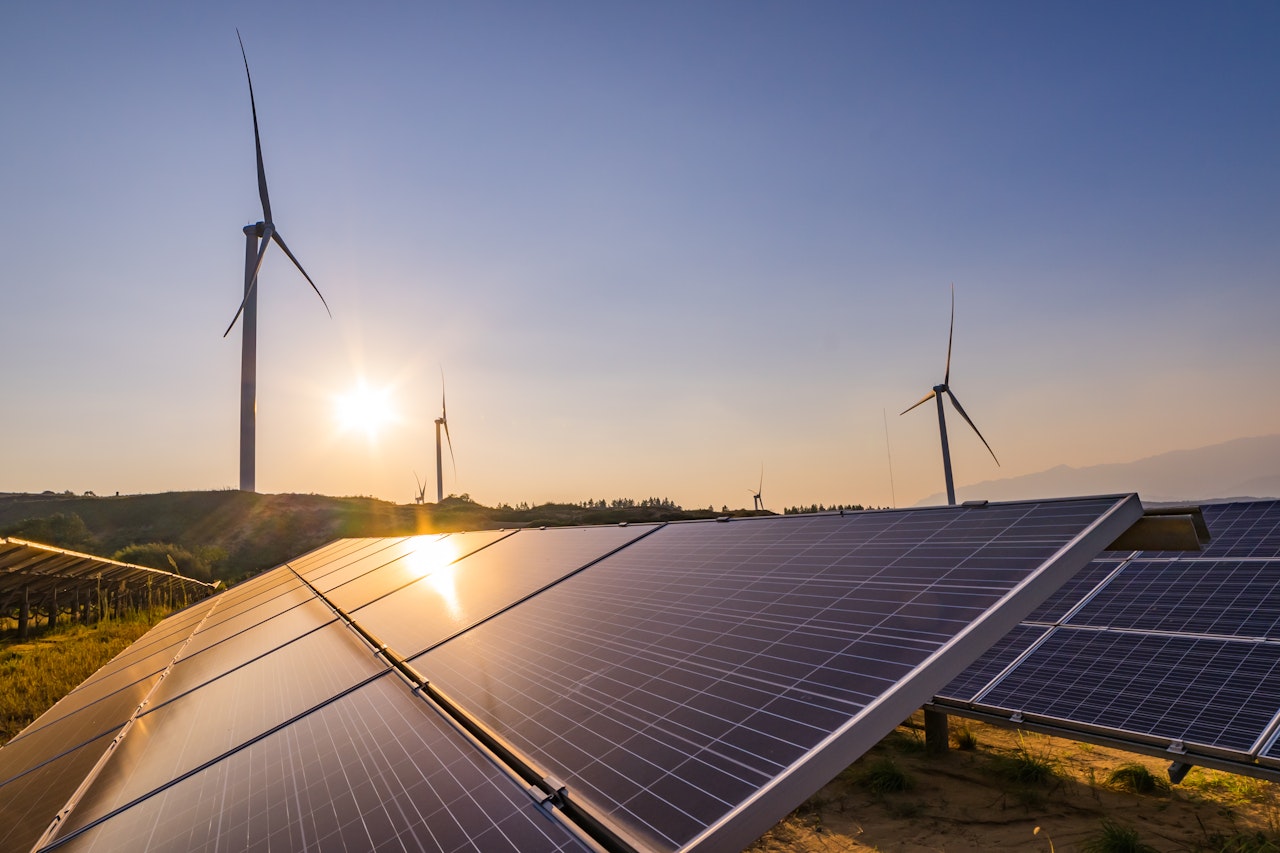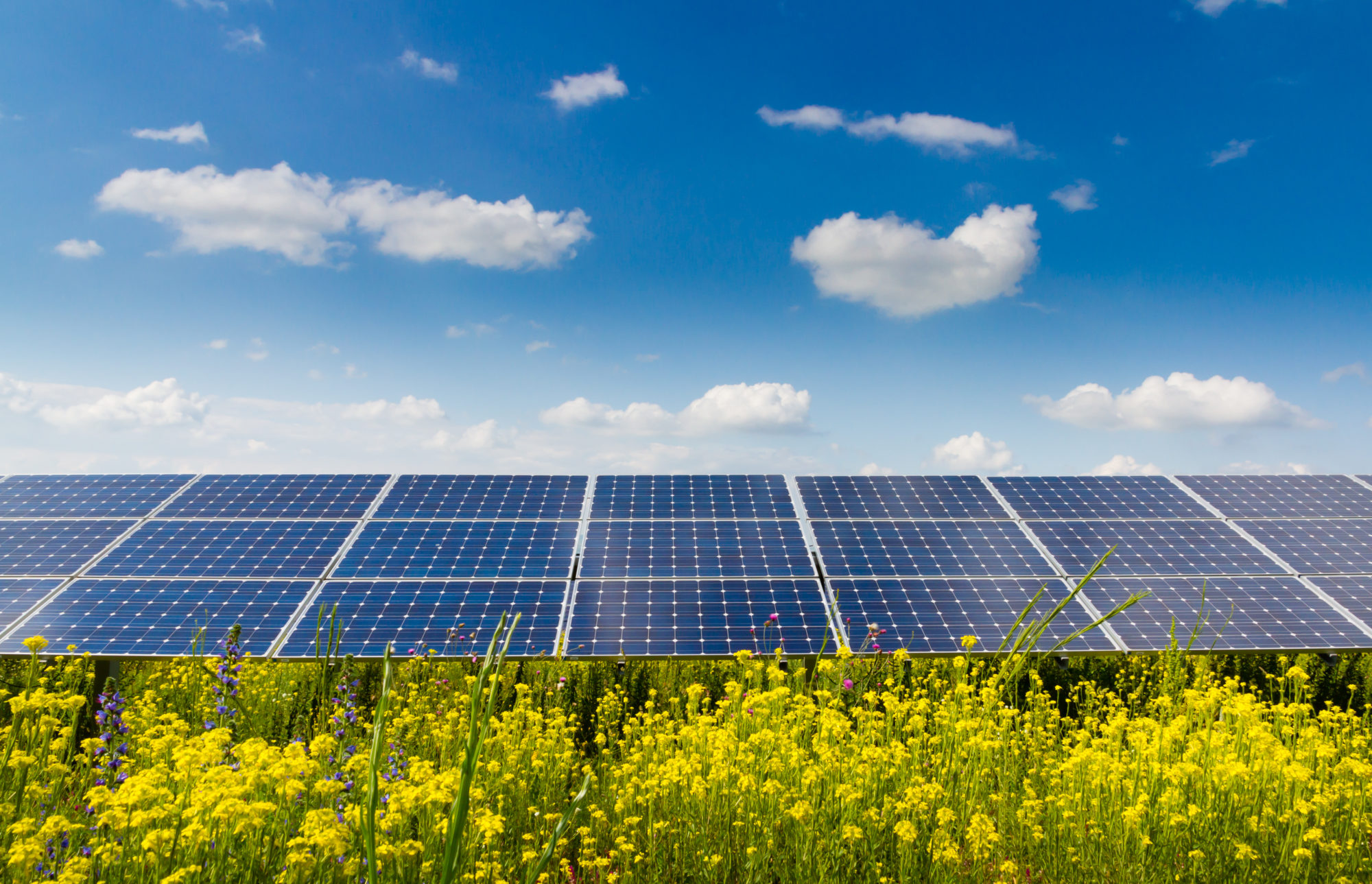
When discussing renewable energy, the European Union generally agrees that policies need to be set into place to increase their prevalence in European markets. However, determining the actual policies has led to a significant amount of debate among the neighboring countries.
EU’s new energy policy

The EU released a new energy policy that set up targets for renewable energy implementation across the continent and stated that these energy targets would have to be in effect by 2030.
The 2030 energy policy comprises various topics aimed to reduce the carbon dioxide emissions of the large, industrialized region. Issues such as natural gas, coal market reform, competition between energy corporations, and tar sands are just a few comprehensive policy subjects.
EU’s adoption of the 2030 energy policy
Despite most European countries claiming the policy necessary, two EU member countries were against the EU’s adoption of the 2030 energy policy. The United Kingdom and the Czech Republic were against two major platforms, both the renewable energy source target and the carbon dioxide emission reduction target.
While the two industrialized countries have done their fair share of implementing renewable resources into the energy market, they also wanted the 2030 energy policy to allow them to continue utilizing nuclear energy favorably. These countries believe that there are multiple ways that the EU can reduce carbon emissions by 2030 and that the energy policy only covers the renewable energy sector. The British and Czechs had a strong desire to include a multitude of procedures that included more than just a renewable energy increase as a means for carbon dioxide reduction.
Ways to reduce carbon dioxide emissions
As far as the multiple ways to reduce carbon dioxide emissions, the two countries in dissonance with the policy suggested looking at carbon capture technology and more modern nuclear power facilities.
Looking at current and future plans for nuclear power facilities, the two EU countries have a vested interest in utilizing the energy resource. Hinkley Point, in the western UK, serves as the location of a two-reactor nuclear plant. In the Czech Republic, the government planned to upgrade a nuclear station in Temelin to continue running the site past the scheduled retirement date.
However, not everybody in these countries agrees with the support of nuclear energy technologies. Many opponents of the technology disagree with the government that more nuclear energy sites will benefit the local communities. These groups find that the upgrades and construction come with a hefty price tag for taxpayers. Furthermore, they believe that new nuclear construction has not offset average household energy costs in the past.
